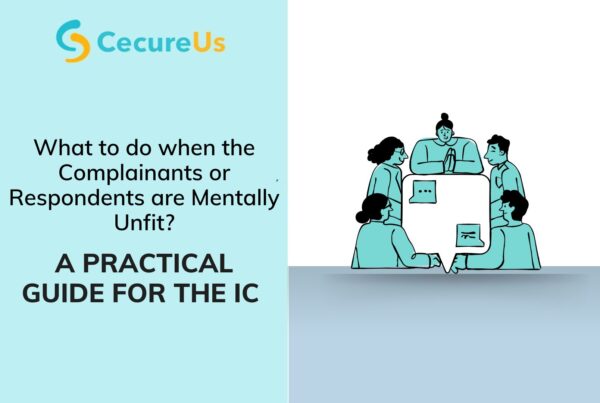
Welcome to our comprehensive guide on the Compliance Laws enforced under the Code of Business Conduct (COBC) for corporate India. This blog post aims to elucidate the pivotal regulations that companies in India must navigate to ensure ethical operations and uphold their corporate governance standards. Let’s dive into the legal framework that shapes the backbone of COBC and explore how businesses can adhere to these standards effectively.
What is COBC?
The Code of Business Conduct (COBC) represents a fundamental set of principles that outline the ethical and legal standards expected of employees and executives in an organization. While COBC itself is not a law, it requires adherence to all applicable laws and helps companies foster a culture of integrity and compliance.
Key Compliance Laws in Corporate India
Here are some critical laws that are typically integrated into an organization’s COBC to ensure legal compliance and ethical business practices:
- Companies Act, 2013
This comprehensive legislation governs corporate affairs in India and mandates standards for board accountability, audits, director responsibilities, and financial disclosures, ensuring that businesses operate transparently and are accountable to their stakeholders.
- Competition Act, 2002
This act ensures fair competition and regulates anti-competitive practices in the marketplace. It addresses issues like anti-competitive agreements, abuse of dominant position, and merger regulations to promote healthy market competition.
- Prevention of Corruption Act, 1988
This act combats bribery and corruption in both public and private sectors. Under COBC, companies ensure mechanisms are in place to prevent any form of corruption and maintain transparency in all transactions.
- Prevention of Sexual Harassment (POSH) Act, 2013
This act requires companies to create a safe workplace by preventing and responding to incidents of sexual harassment. Incorporating POSH guidelines into COBC helps businesses protect their employees and promote a respectful work environment.
- Information Technology Act, 2000
With cybercrimes on the rise, complying with the IT Act is essential for protecting sensitive information and managing data privacy. COBC frameworks ensure that IT policies comply with legal standards to safeguard electronic data effectively.
- Factories Act, 1948
This act covers labor welfare and safety in industrial establishments, setting standards for working conditions, safety, and health. Incorporating this into COBC ensures compliance with safety regulations and promotes a secure working environment.
- Securities and Exchange Board of India (SEBI) Regulations
SEBI regulations are vital for maintaining fair trading practices and ensuring transparency in the securities market. They include rules on insider trading, disclosure requirements, and corporate governance, which are integral to a company’s COBC to foster a transparent and fair marketplace.
Model Standing Orders
Overview
Model Standing Orders serve as a statutory framework that outlines standard employment conditions within an industrial establishment. They cover various aspects of employment such as classifications of workers, work hours, shift operations, leaves, termination, and grievance redressal procedures.
Applicability
These orders are particularly relevant for factories, plantations, and other industrial sectors that employ a significant number of workers. They ensure that all workers are aware of their duties and responsibilities, as well as the administrative processes and ethical standards expected of them.
Implementing COBC in Your Organization
To effectively implement a COBC, a company must:
- Educate Employees: Regular training sessions on COBC and the related legal requirements are crucial for ensuring that employees understand their ethical obligations and legal responsibilities.
- Monitor and Enforce: Establishing a robust monitoring system and strict enforcement mechanisms are key to ensuring compliance with COBC.
- Review and Update: As laws and regulations change, the COBC should also be periodically reviewed and updated to remain compliant with the latest legal standards.
Conclusion
For companies operating in India, integrating these compliance laws into their COBC is not just about legal adherence but also about building trust and credibility with stakeholders. By fostering an ethical culture that prioritizes compliance, businesses can navigate the complexities of corporate governance with confidence and integrity.
Remember, a well-implemented COBC not only protects the organization from legal risks but also enhances its reputation, ensuring long-term success. Let’s embrace these practices to create a more accountable and transparent business environment in India.
Please reach out to us for any queries on Understanding Laws Enforced Under COBC in Corporate India.
For more blogs and articles, visit our official website. Contact us for workshops and queries related to POSH, EAP (Employee Assistance Program) , Diversity and Inclusion and Code Of Conduct.




